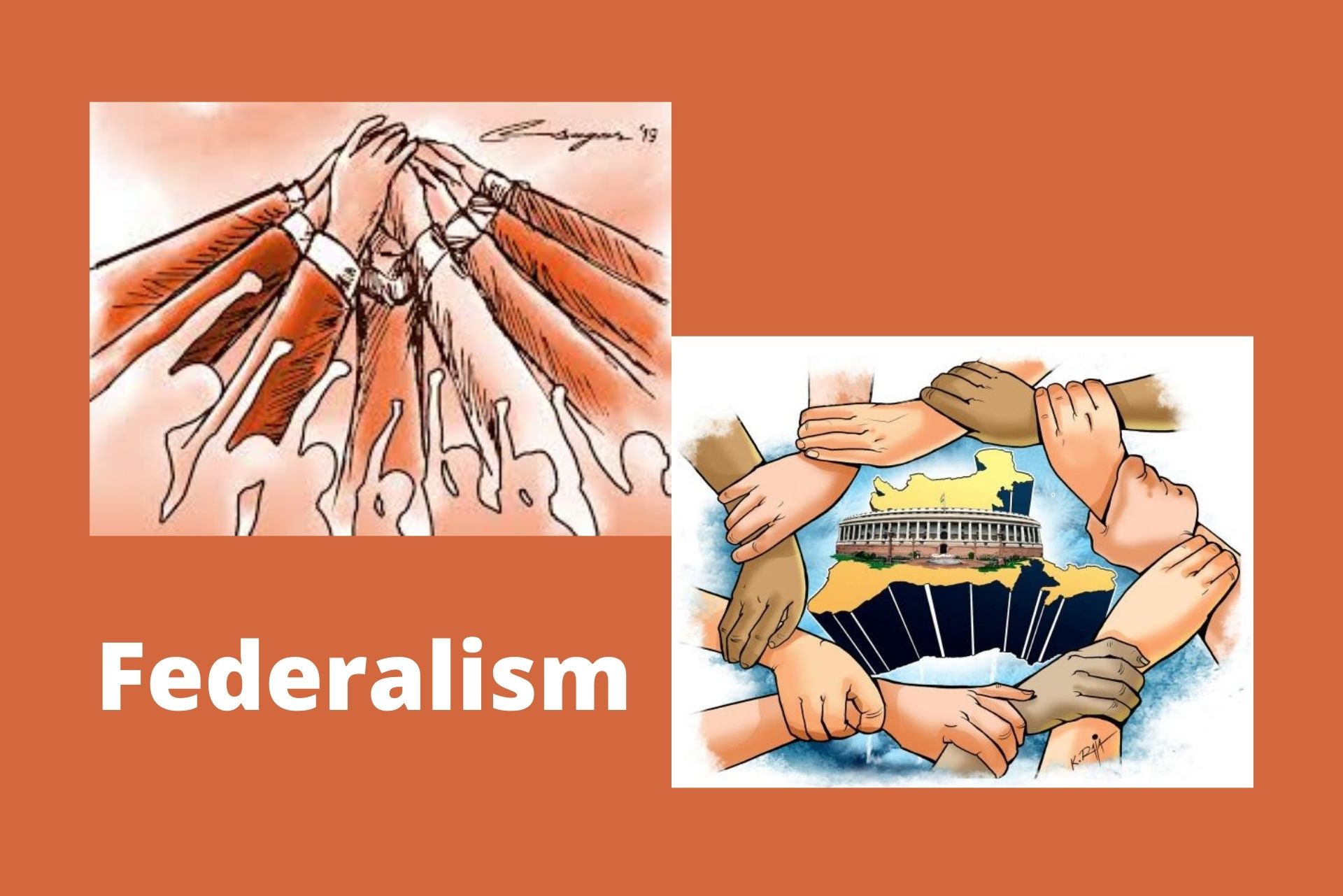0(0)
Class 10 Social Science (Federalism)
- Course level: Intermediate
-
Share:
- Categories Class 10
- Total Enrolled 0
- Last Update August 26, 2021
Description
Federalism
Federalism is a system of government in which the power is divided between a central authority and various constituent units of the country. This vertical division of power among different levels of governments is referred to as federalism. Federalism is one of the major forms of power-sharing in modem democracies.
Key features of federalism are:
- Two or more levels of government.
- Different levels of government govern the same citizens, where each level has its own jurisdiction in specific matters of legislation, taxation and administration.
- Existence and authority of each level of government is constitutionally governed.
- The fundamental provisions of the Constitution cannot be unilaterally changed. Such changes require the consent of both the levels of government.
- Courts have the power to interpret the Constitution. The highest court acts as the umpire if any dispute arises between different levels of governments.
- Sources of revenue for each level of government are specified to ensure its financial autonomy.
- Federal system has dual objectives to safeguard and promote unity of the country, and to accommodate regional diversity.
Topics for this course
4 Lessons
Federalism
Important Terms And Concepts
Question Answers
Question 1
Question 2
Question 3
Test 1
Federalism
Test 2
Federalism
Test 3
Federalism
About the instructor
0 (0 ratings)
130 Courses
58 students

Free

